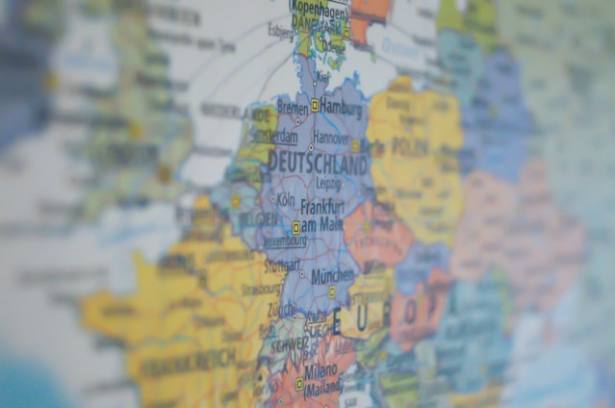He believes a mistake that many investors in European equities make is that in an effort to diversify away from expensive US shares, they buy cheap European ones, with the result that they end up buying companies that are going to lose out from structural changes and so are “cheap for a reason”.
Ben Richie, head of European equities at Aberdeen Standard Investments, says another area where European names are predominant is in business-to-business technology, where the structural changes are just as profound.
Michael Crawford, chief investment officer at Chawton Global Investors, takes up this theme.
He says a number of European companies are world leaders in manufacturing the components used to make semi-conducters, and semi-conducters power much of the technology that is changing wider society.
Giles Rothbarth, co-manager of the BlackRock European Dynamic equity fund, says: “Covid-19 has accelerated many market trends, one of which has been the funding of Europe’s green agenda to help build its competitive edge.
“The recently agreed €750bn (£676.7bn) EU recovery fund will be the cornerstone of the European growth plan, with an estimated 80 per cent of spending focused on the digitisation of the European economy and also the pursuit of an ambitious net carbon zero goal by 2050.
“We see this agenda creating tailwinds for Europe’s leaders in the semiconductor industry, driving transition in 5G and cloud computing as well as electric vehicles, and for those companies that will provide ever-more renewable energy in the future.”
Growth in luxury goods
The EU recovery fund also marks a change in the political climate in the eurozone, as it means the economic bloc has agreed to borrow jointly.
James Dowey, global equity fund manager at Liontrust, says while many market participants have been aware of the political climate for years, the recovery fund may mean the economic bloc’s political outlook is now superior to that of some other markets.
Niall Gallagher, European equity fund manager at GAM, agrees that an investor buying a European equity tracker fund as a way to access a cheap market would own lots of unappealing companies. He believes the growth trend in which European companies are leaders is that of luxury consumer goods.
He says that as emerging market consumers get wealthier, they have become a new market for luxury goods businesses, and with a vastly expanded market, those companies, such as LVMH, have become better investments.
Mr Gallagher says the European luxury goods makers, which include alcohol manufacturers of gin and whiskey, have brand power that rivals would require years to develop.








